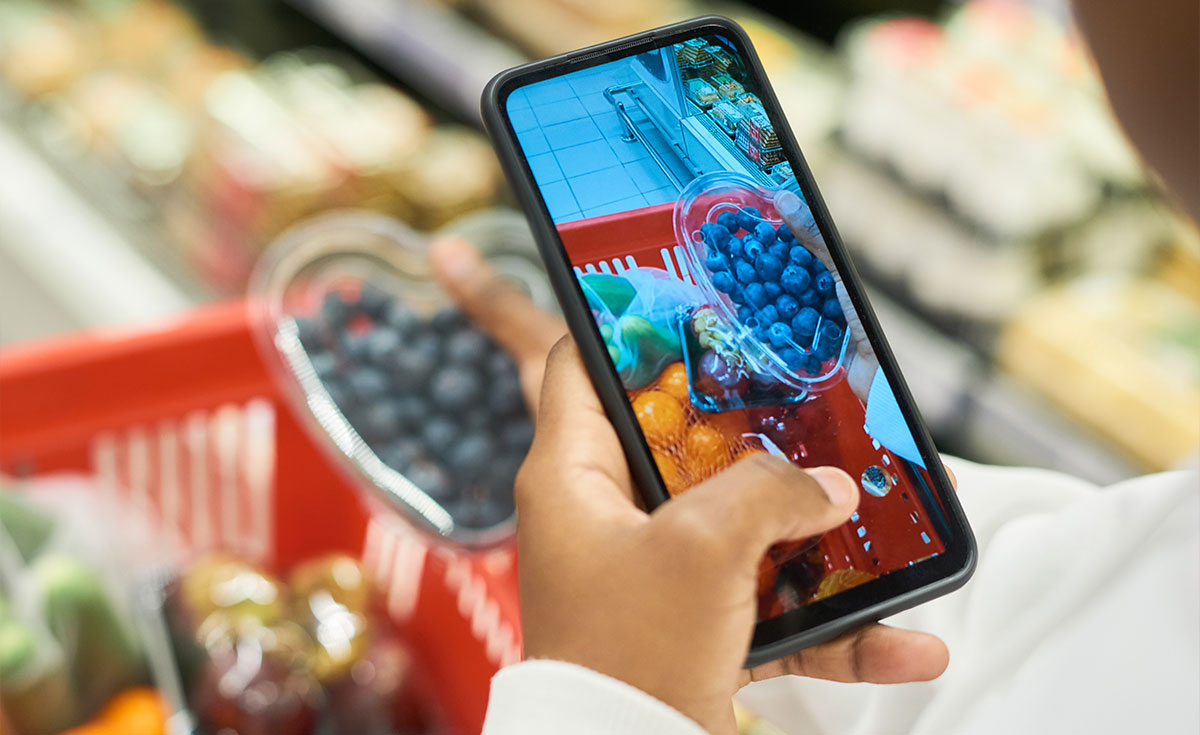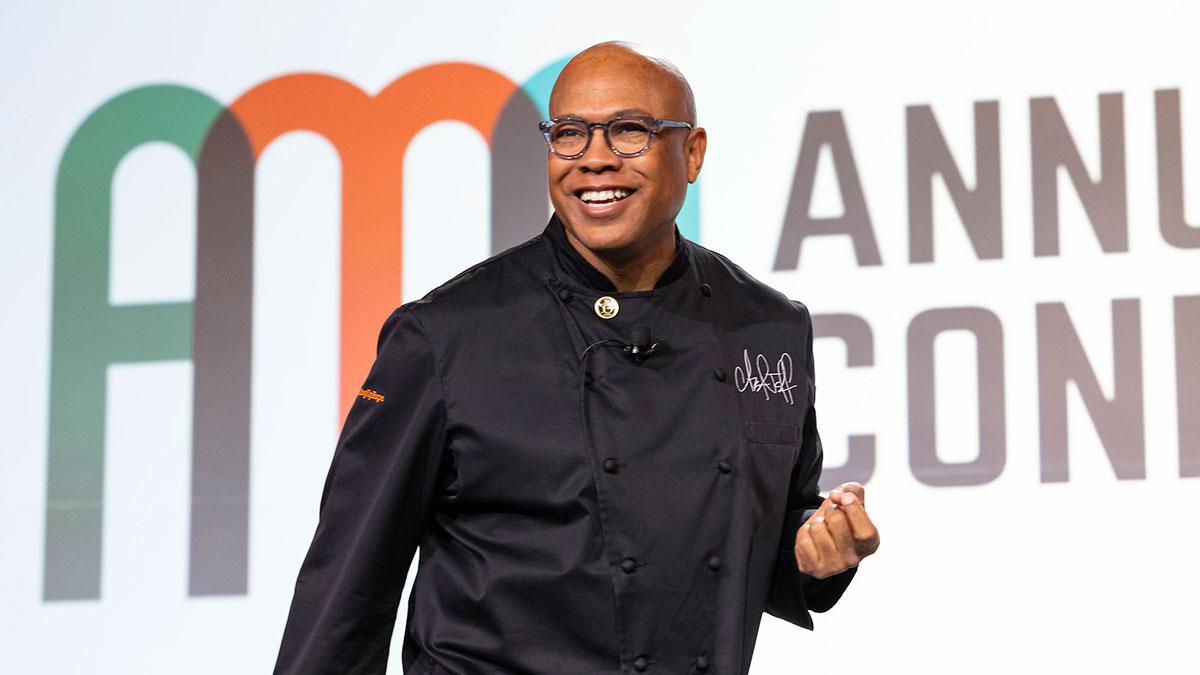By Steve Markenson, Director, Research, FMI

Before the COVID-19 pandemic, FMI’s U.S. Grocery Shopper Trends study sought to explore the evolving role of brands in shoppers’ purchase decisions. Whether focused on clean ingredients or new eating approaches, shoppers are reevaluating how they make purchase decisions. Many shoppers are focused on health and well-being as others look to the consequences of consumption (social responsibility), while some seek a deeper connection to their food. Today’s shoppers bring a broad and sophisticated range of criteria with them when making their food shopping decisions. While there still remain occasions and situations where brand is the prime driver (I would never consider any ketchup other than Heinz), the focus solely on brand per se is vanishing in favor of a focus on the product itself and its attributes as the definer of quality.
Open Minded Consumers Flock to Private Brands
With this open consumer mindset, we saw private brands making strong inroads as we entered 2020, growing more than 4% as national brands only grew at 1.5% (Nielsen). Private brands have made significant strides to differentiate themselves in myriad ways. Private brands have expanded their offerings into premium categories and attributes. Thus, it should be no surprise that these brands have performed particularly well during the COVID-19 pandemic based on reports from IRI, Nielsen and the industry.
Private Brands Grow During COVID-19 Pandemic
Consumers also acknowledge that they are buying more private brands. Based on FMI’s U.S. Grocery Shopper Trends COVID-19 Tracker, three in ten shoppers in July say they are buying more store brands than they were before the pandemic. While impressive, that proportion is up from 26% in the beginning of June.
Why the Growth of Private Brands?
As pandemic shopping impacted the supply chain, the initial explanation for the increase in sales was simply availability. Shoppers were panic buying whatever was availability. This may have been the case as even in the beginning of June more than half of those buying more private brands said that these products were often the only ones available. However, as we have continued FMI’s U.S. Grocery Shopper Trends COVID-19 Tracker into July, we have found that there are other reasons shoppers cite for buying more private brands. More than half say their reason for buying more private brands is that they are cheaper, a fact that cannot be ignored as we watch the impact of the pandemic on the economy. But, one-third of these shoppers have discovered that these private brands do indeed offer higher quality. And, two in ten say they are buying more private brands to explore new and different products.
The Future for Private Brands
This pandemic has changed how we shop in many ways. What will be the lasting impact of the pandemic on perceptions and sales of private brands? In FMI’s most recent U.S. Grocery Shopper Trends COVID-19 Tracker, we asked shoppers how they expected their food purchases to change compared to before the pandemic. One-third said they expect they will purchase more private brands, with 13% expecting to purchase much more than before the pandemic. Thus, the future is a bright one for private brands.
Join us for the Private Brands Summit, Sept. 29 – Oct. 1, as the food industry discusses the key trends in private brands and collaborates on business solutions.


 Industry Topics address your specific area of expertise with resources, reports, events and more.
Industry Topics address your specific area of expertise with resources, reports, events and more.
 Our Research covers consumer behavior and retail operation benchmarks so you can make informed business decisions.
Our Research covers consumer behavior and retail operation benchmarks so you can make informed business decisions.
 Events and Education including online and in-person help you advance your food retail career.
Events and Education including online and in-person help you advance your food retail career.
 Food Safety training, resources and guidance that help you create a company food safety culture.
Food Safety training, resources and guidance that help you create a company food safety culture.
 Government Affairs work — federal and state — on the latest food industry policy, regulatory and legislative issues.
Government Affairs work — federal and state — on the latest food industry policy, regulatory and legislative issues.
 Get Involved. From industry awards to newsletters and committees, these resources help you take advantage of your membership.
Get Involved. From industry awards to newsletters and committees, these resources help you take advantage of your membership.
 Best practices, guidance documents, infographics, signage and more for the food industry on the COVID-19 pandemic.
Best practices, guidance documents, infographics, signage and more for the food industry on the COVID-19 pandemic.
